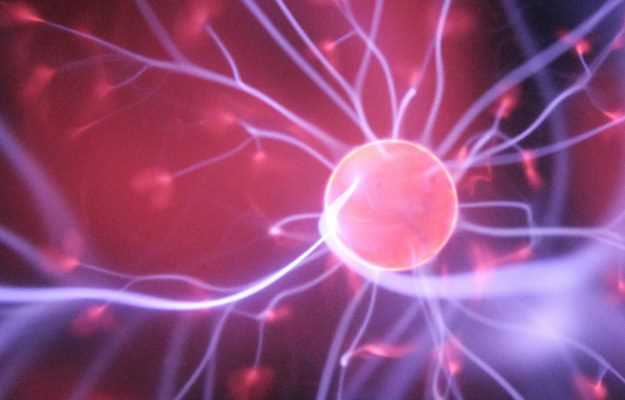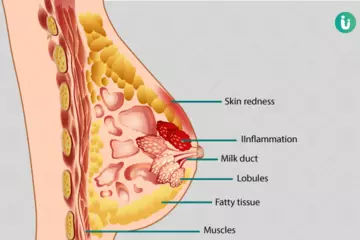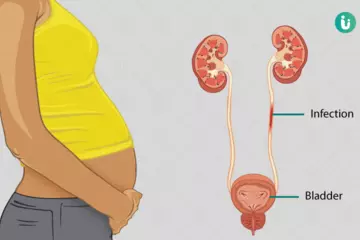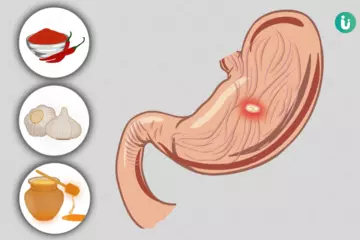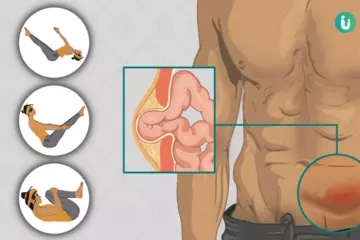What is Hodgkin Lymphoma?
Hodgkin lymphoma is a benign cancer of the lymphocytes, a type of white blood cells. Lymphocytes are present in lymph nodes and lymph vessels all over the body. The lymph nodes are small bean-shaped glands present parts of your body like neck, armpit, chest, abdomen and groin. Lymph vessels are tubes that carry the fluid called lymph along with the infection-fighting cells of immune system. Hodgkin lymphoma is characterised by an uncontrolled growth of lymphocytes inside the lymphatic system.
Cancer can spread from one node to another via lymph vessels. Men in age groups 20-25 years and above 70 years are more commonly affected than women.
Even though Hodgkin lymphoma is one of the uncommon types of benign cancer, it is one of the more easily treated cancers.
What are its main signs and symptoms?
- Common symptoms: Painless swelling in the neck, underarms and groin region
-
General symptoms
- Excessive sweating at night
- Fever (High temperature)
- Weight loss
- Itching over the body
- Cough or breathlessness
- Abdominal pain
-
Rare symptoms
Some people may have abnormal cell growth in bone marrow that can lead to:
- Weakness
- Increased risk of infections due to a weakened immune system
- Bleedings problems like nosebleed, heavy periods and small red spots under skin
What are its main causes?
The exact cause for abnormal cell growth is still unknown but people with the following risk factors can develop Hodgkin lymphoma:
- HIV infection or AIDS
- On immunosuppressant medications to prevent organ rejection
- Autoimmune diseases like rheumatoid arthritis and systemic lupus erythematosus(SLE)
- Previous history of Non -Hodgkin lymphoma
- Family members (father, mother or siblings) with Hodgkin lymphoma
- Previous exposure to Epstein Barr virus or glandular fever.
How is it diagnosed and treated?
The doctor will take a detailed family and personal history to assesses the risk factors. Firstly, your doctor will recommend a minor surgical procedure called biopsy to take a sample from the lymph node to confirm the disease. After confirmation with biopsy, a few more tests like blood tests, chest X-ray and PET scan will be carried out to find the level of blood cells and what organs of the body are affected.
Available therapy includes chemotherapy (treatment with medication) and radiotherapy (treatment using radiation). Sometimes steroid medications are also given. Regular follow-up is required with your doctor to confirm complete recovery.

 OTC Medicines for Hodgkin Lymphoma
OTC Medicines for Hodgkin Lymphoma

